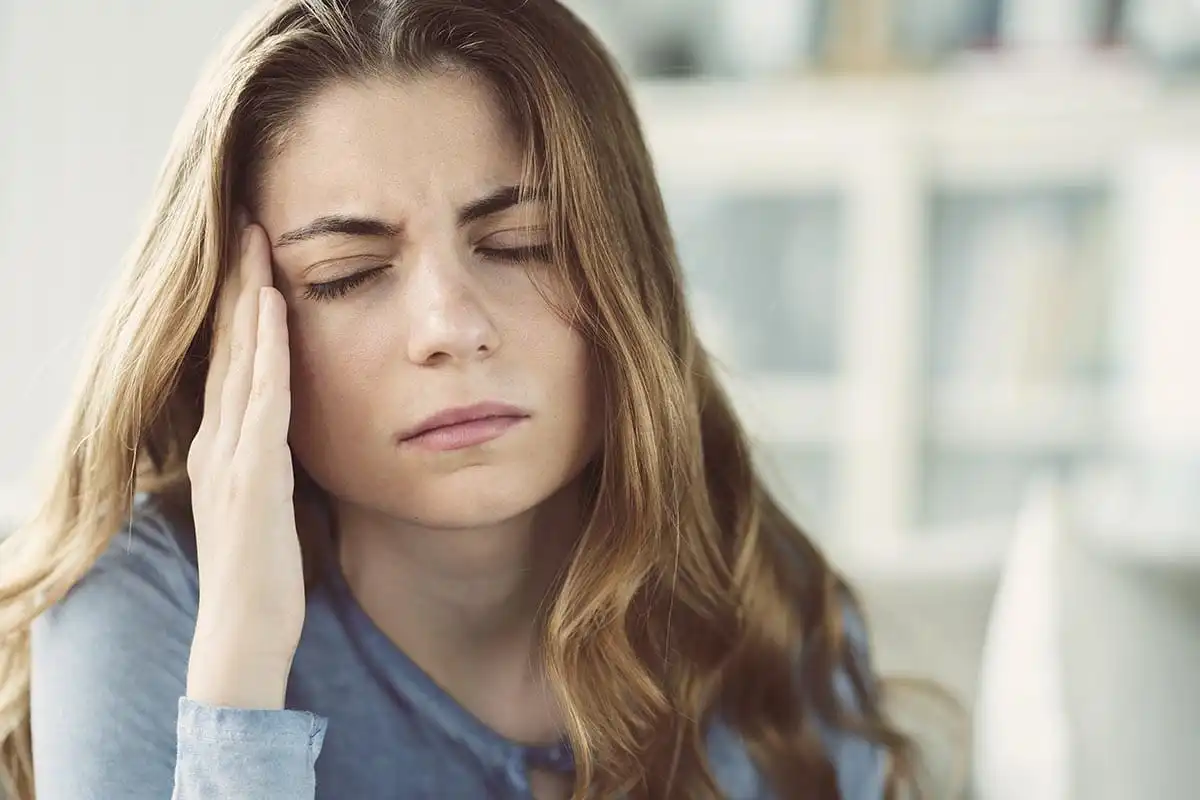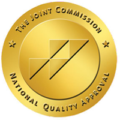Who needs to get admitted into a Benzo addiction rehab program? Even if you know how to look for signs of Benzo addiction, people with substance use disorders may mask the symptoms of their difficult drug use. They may also cut off all contact with their loved ones, making watching them difficult.
However, it’s a fact that about one-third of all people who take Benzo dosages for six months–whether they’re prescribed or not will experience negative symptoms when they try to quit. That’s why Benzo addiction treatment typically begins with medical detox. Once a patient has gone through detox, they can continue on their recovery path by getting admitted into inpatient or outpatient programs that offer counseling sessions, group therapy sessions, and skill-building workshops.
Looking for a Benzo addiction rehab program? Contact Avedis Recovery by calling 833.514.0579 or reaching out to our team online.
What Are the Side Effects of Benzo Addiction?
Benzodiazepines are considered sedatives. While these prescription drugs are typically used to treat medical difficulties that involve anxiety or sleeping troubles, they are potent and highly addictive. Even someone with no problems with addiction can develop a physical and mental dependence on Benzos. Some benzo addiction signs to watch out for are the following:
- Asking friends and family for their benzodiazepine pills
- Blurred vision
- Combining benzodiazepines with alcohol or other drugs
- Drowsiness
- Doctor shopping
- Mood changes
- Poor judgment or thinking
- Risk-taking behaviors, such as driving after taking Benzos
- Want to cut back on their Benzo dosage but not being able to do so
- Weakness
After You’ve Observed Benzo Addiction Signs, What’s the Next Step?
If you or someone you care about is showing side effects of Benzo addiction, do not keep quiet and hope the situation fixes itself. They need help.
Due to the natural process of building a tolerance to benzos, a person addicted to them will eventually require higher doses to achieve the same effect. When they stop misusing benzos or their dosage is significantly cut down, they will experience withdrawal symptoms. A person addicted to benzos must have family, friends, or medical professionals around them when this happens. Benzodiazepine withdrawal can be deadly and very dangerous without proper medical support. It can also go the other way around. A person with a high enough tolerance can unintentionally overdose.
As it’s difficult to predict when severe withdrawal symptoms will occur or when an overdose will happen, it’s typically best for someone with a Benzo addiction to get admitted into a medical detox program and get further addiction treatment afterward. You may need to have hard conversations with your loved one or even stage an intervention with the help of a specialist. Although it can be difficult to get through to your loved one, it is easier to do so before the worst happens. You don’t want to discuss going to rehab at your local ER while they’re in pain and discomfort.
What Should Clients Expect From a Benzo Addiction Rehab Program?
Treatment for benzo addiction is the same in Los Angeles as elsewhere in the U.S. It begins with getting admitted into detox. Then the patient is assessed and given recommendations for more forms of care. For instance, if the patient has a physical dependence but not a psychological one, they can receive FDA-approved medication under the care of medical professionals; this is known as medication-assisted treatment (MAT).
Stages of a Benzo addiction rehab program:
- Stabilization: Physical and mental stabilization is crucial for patients entering Benzo addiction rehab programs in a crisis, such as when they’ve overdosed or experienced intense withdrawal symptoms. This is the stage when detoxification happens and withdrawal symptoms are managed.
- Evaluation: Some patients may undergo evaluation before stabilization, especially if they’ve decided to get professional help before they overdose or feel worse. The patient will be interviewed about their medical history and addiction during the evaluation. They may also be asked to complete some forms and undergo medical tests. If a mental health disorder accompanies their substance use disorder, they may receive a dual diagnosis, informing the rest of their treatment going forward.
- Addiction Treatment: Some patients may need medication to address rebound anxiety when they stop taking Benzos. Others may need therapy sessions to treat any underlying trauma connected to their addiction. Others may also need treatment for co-occurring disorders. What’s common for all patients in this stage is engaging in individual therapy while also going to group therapy and family counseling.
- Aftercare Planning: A patient’s recovery doesn’t end with their rehab program. Before they’re discharged, they should be given an aftercare plan based on their progress during the program. This plan can include recommendations for further care, membership in support groups, and even regular drug tests.
Ready To Learn More About Avedis Recovery’s Benzo Addiction Rehab Options in Los Angeles?
Looking for Benzo addiction rehab programs in Los Angeles, California? Contact Avedis Recovery by calling 833.514.0579 or reaching out to our team online.









